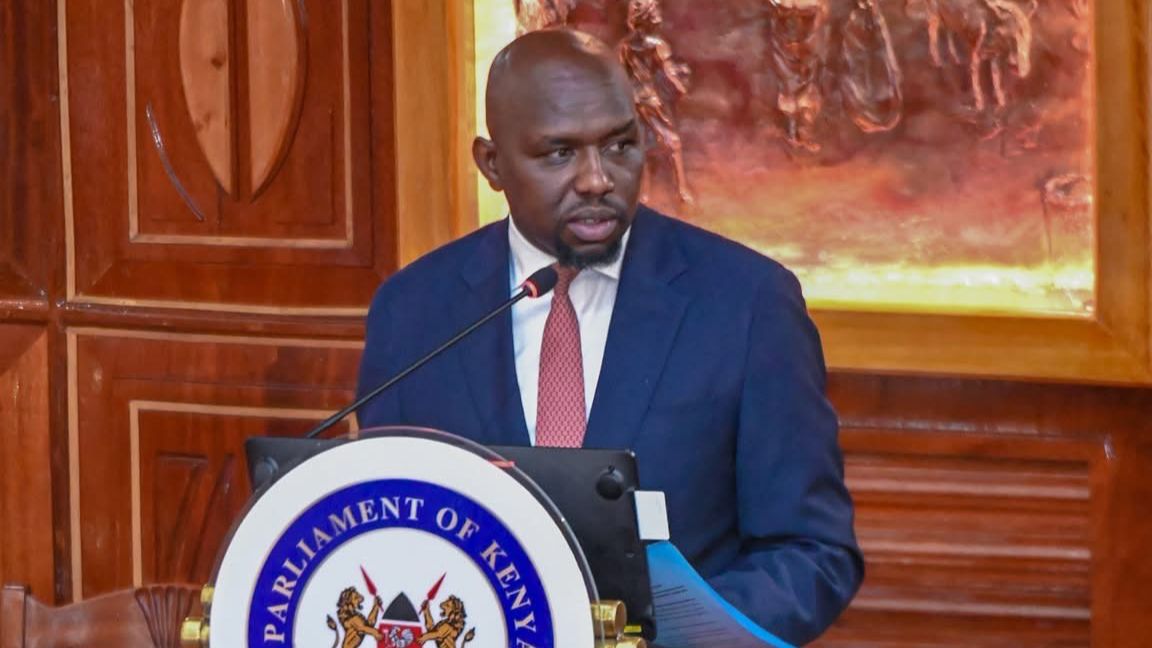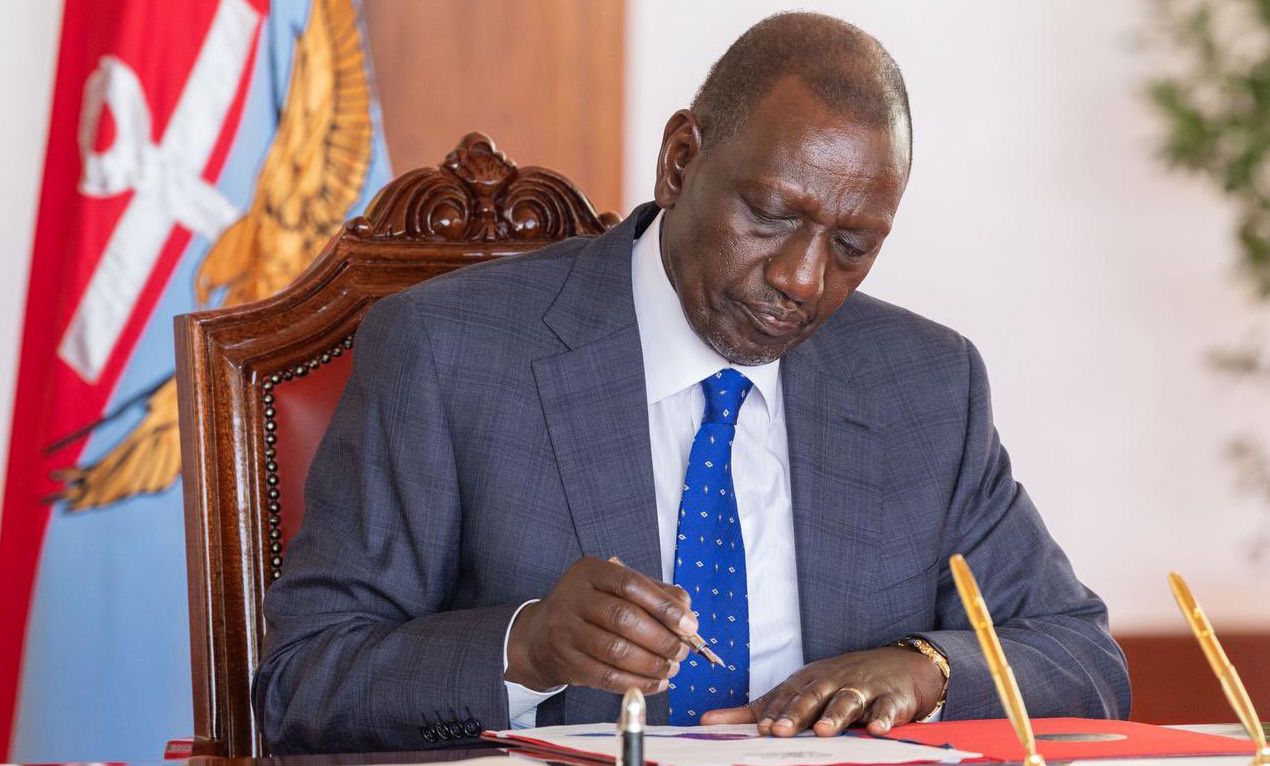As the debate for how couples should divide wealth acquired in the course of a marriage, the Court of Appeal has overturned the 50-50 division of property. This was done in two landmark rulings.
In the first ruling, the court awarded a woman 10 per cent of the value of their matrimonial home and 90 per cent to the man. This is after evidence indicated that the man fully paid for the construction of the house with his own money.
The appellate court further stated that there was no child born from the couple’s marriage, hence the woman’s contribution would only fall under “companionship”. The court proved that household chores at their house were undertaken by a house help and the man's chauffer.
The couple married in 2007 as a widow (with one child) and a widower (with three grown children).
Read More
In the second ruling, pitting a former magistrate against his wife, the appellate court awarded the man 65 per cent of their estate valued at over Ksh100 million while the woman got 35 per cent.
It was established that the man's career was on an upward trajectory and his contributions in the marriage outweighed those of the woman.
The rulings come at a time when the High Court has always ruled for 50-50 division of wealth accrued in marriage.
The verdicts by the court of appeal indicate that it might be shifting its view of how wealth is divided to coincide with each of the couple's contributions.
In both cases, the men appealed against the 50-50 division of wealth.
“In any case, marriage per se is not a ground for sharing properties acquired during marriage on an equal basis. The law in a well-trodden path has established that parties must show evidence of their respective contribution to the properties and secondly, to the family well-being,” the Court of Appeal stated in one of the judgments.
In the case involving the former magistrate, the appellate court judges ruled that the evidence provided in court did not warrant a conclusion that their contributions were equal, and thus equal sharing of the wealth.
Justices Kathurima M’Inoti, Fatuma Sichale and Jamila Mohammed stated that although the woman directly and indirectly contributed to the sharing of wealth, the question that arose was to the equitable sharing of the property.
“Equality of contribution in a marriage cannot be assumed, although it may readily be inferred from the evidence of each party’s contribution in some cases. In our view, the evidence on record does not permit a conclusion that the contributions during the marriage were equal,” said the appellate judges.
They observed that there was no doubt that the woman’s contribution played a vital role in liberating the man to devote his time and energy to the growth of his career, financial gain, the acquisition of property and even manage a business for the family.






